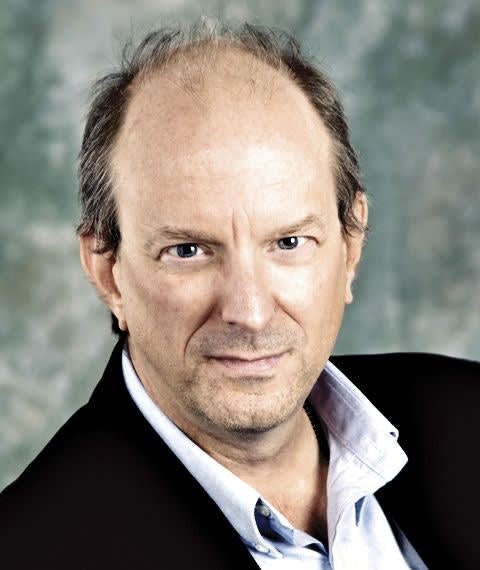We are now seeing attitudes toward law enforcement that we haven't seen since the early 1970s when the Black Panthers, the Symbionese Liberation Army, and the Black Liberation Army declared a very real shooting war on police. But today, the ideological grandchildren of those 1970s domestic terrorists have achieved political legitimacy way beyond what their forebears could have achieved through the barrels of their guns. And that is making them even more dangerous to you and to law-abiding Americans.
The parallels between the contemporary Black Lives Matter movement and the '70's cop-hating movements are not hidden. It's not uncommon to see female participants at anti-police Black Lives Matter protests in shirts that read "Assata Taught Me."
The Assata in question is Assata Shakur, a member/leader of the Black Liberation Army who was convicted along with Sundiata Acoli of the 1973 killing of New Jersey Trooper Werner Foerster. But despite its worship of a copkiller, the BLM movement is not about killing you; it's about inhibiting your willingness to take action on the job.
Black Lives Matter is portrayed in the media as kind of an organic civil rights movement, bringing together people of all backgrounds to say "black lives matter as much as any" when its true message is the only lives that matter are those of black men lost in confrontations with police, regardless of the circumstances. It uses those incidents to call for the prosecution of officers and to make other officers fearful of undertaking active policing operations.
This is why, despite the organization's courting of Hillary Clinton and Bernie Sanders and recent protests of Republican presidential candidates, its real political focus is on local prosecutors.
In March, Illinois held a presidential primary. And Black Lives Matter and other groups forced the cancelation of a rally for Donald Trump. That's the story out of Illinois that made the national news. The bigger story was that Black Lives Matter took a political scalp.
Anita Alvarez was the two-term incumbent Cook County state's attorney. As a sitting Democrat she had an easy path to a third term. But Alvarez didn't indict Chicago Officer Jason van Dyke for the 2014 shooting of Laquan McDonald as quickly as Black Lives Matter would have liked. So she became a target for the group's anger and is now unseated in favor of Kim Foxx.
Foxx's campaign was at least partially funded by anti-American billionaire George Soros and she was supported by BLM and the Daughters of Assata. She will run in November against a Republican candidate who doesn't have a chance. So she is already the next Cook County state's attorney. Which is very bad news for Chicago's finest. Foxx has said she will hold more "bad cops" accountable. Her definition of "bad cop" probably doesn't match yours or mine.
The political clout of BLM is also being felt in Minneapolis. There, two officers faced the potential of being indicted in the killing of Jamar Clark. Clark was shot and killed by officers during a gun-grab incident. The Clark incident last November led to an 18-day siege of a police station by Black Lives Matter. And in its wake Hennepin County Attorney Mike Freeman dispensed with using grand juries in officer-involved shootings, which had some officers worried.
Despite the pressure from BLM and others, Freeman stepped up and made a decision not to charge the officers in the Clark case. He told a press conference on March 30 that the evidence and the totality of circumstances justified the use of deadly force against Clark as objectively reasonable.
Prosecutors nationwide are facing pressures and being hounded to bring charges in cases where officers were clearly justified in shooting armed and unarmed suspects. Good prosecutors like Freeman won't succumb to that pressure and will become targets for anti-police groups in future elections. And you have to see that as an attack on you.
What the contemporary anti-police movement has realized is that law enforcement in America is local. Yes, your conduct is regulated by the federal judiciary, but if anyone is going to charge an officer with a crime, it's the local prosecutor. These elected officials are the prime objective in the war on police, and you need to support the good ones, even if you don't always agree with them, because they are in the crosshairs of your enemies.













